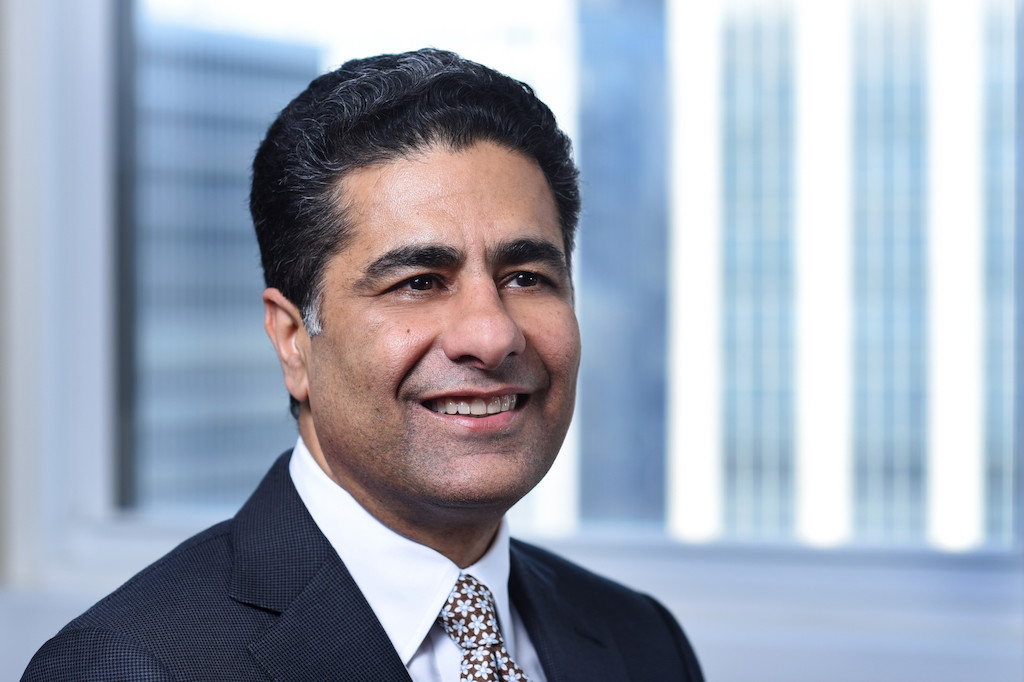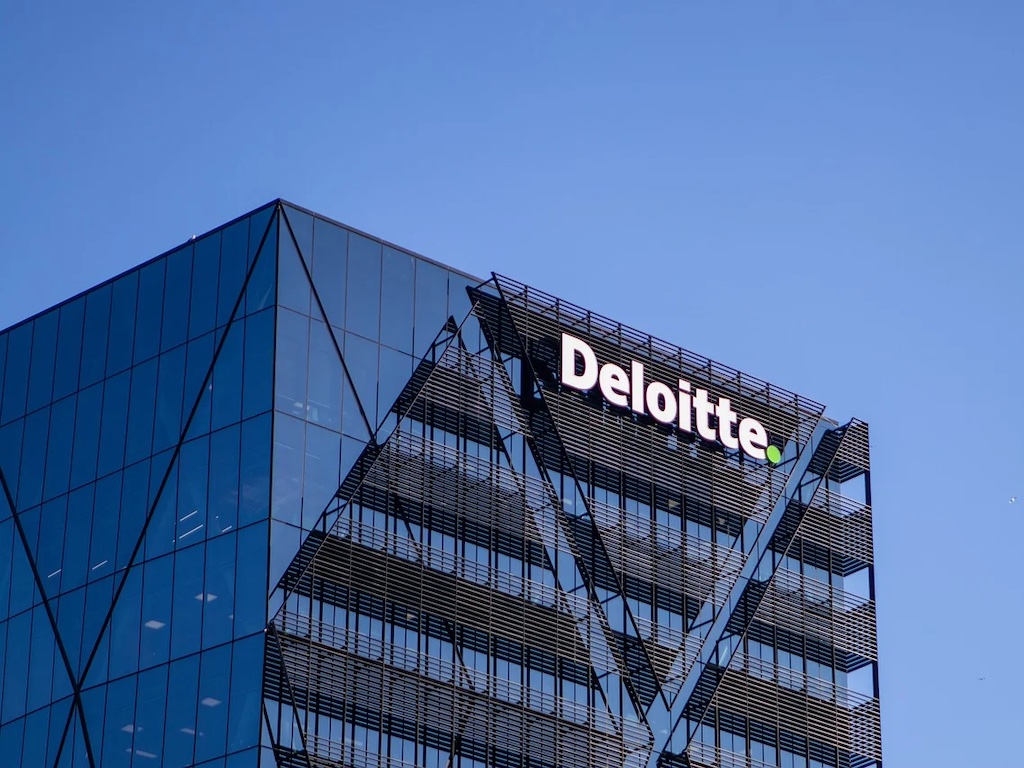3 Mins Read
Deloitte employees are going to embark on a new climate education program—all 333,000 of them. The auditing giant has just created a new “climate learning program” in partnership with the WWF, which aims to boost climate literacy and arm their workforce with the skills they need to take action on climate change.
Global auditing giant Deloitte is sending its employees to climate school. Partnering with the WWF, all 333,000 people in its international workforce will take part in a new digital climate learning program to “drive collective action at the scale required” to fight the biggest planetary threat of today.
Climate Learning Program
According to Deloitte, the program will boost employees’ literacy and awareness about the severity of the climate crisis, from the main causes to its economic, social and environmental impact. Designed with the WWF, the program mainly comprises videos, interactive data visuals and testimonials from Deloitte staff who are taking climate action.

It’ll also empower employees with key actionable steps that they can take in their own lives, whether in work and business or at home, to lower their carbon and environmental footprint.
Deloitte CEO Punit Renjen described the program as a “powerful tool to unlock the climate ambition of our most valuable asset and superpower—our people.”
“To address climate change, we need to understand it. Through dedicated learning, we can help make the right choices necessary to combat the crisis,” said Renjen. “By educating and inspiring all 330,000 of us, we can help drive collective action at the scale required to help address climate change.”
Deloitte says that the lessons will take place over the next six months.
‘Time for businesses to change’
The latest step to introduce climate education is part of Deloitte’s broad sustainability ambitions, among them to reach net-zero emissions by 2030 and promoting “green” operations across its global offices. The firm says that now is the time to change the way it operates, as public pressure continues to mount over large corporations’ roles in fuelling the climate emergency.
According to a recent Wunderman Thompson survey, more than 8 in 10 consumers now expect companies to help solve climate change and global social justice issues.

Sustainable companies are also more likely to attract young talent, with Generation Z job-seekers far more likely to apply for work in value-aligned firms. Patagonia, with its reputation as a social and environmental impact brand, attracts a whopping 9,000 applications for every internship and full-time position it lists.
“It is time for businesses to change the way they operate. For companies to build long-term sustainable value for all stakeholders, they must do their part to build an equitable and sustainable future,” said Renjen.
WWF president and CEO Carter Roberts noted that companies are increasingly being scrutinised over their sustainability commitments, and that businesses must now go further than setting net-zero goals and show climate action engagement on a deeper level.
“Companies have a big role to play in driving progress, and that the actions and voices of their employees really matter,” said Roberts.
“Leading companies are not only setting science-based targets to slash emissions and drive progress through their supply chains. They’re also engaging their customers and employees to make smarter choices and build momentum for broader societal progress.”
Other employee-focused initiatives that firms have launched recently include Ernst & Young’s move to get its 22,000 employees in Hong Kong and China to eat plant-based once per week to lower their carbon footprint.
Lead image courtesy of Pixabay.




